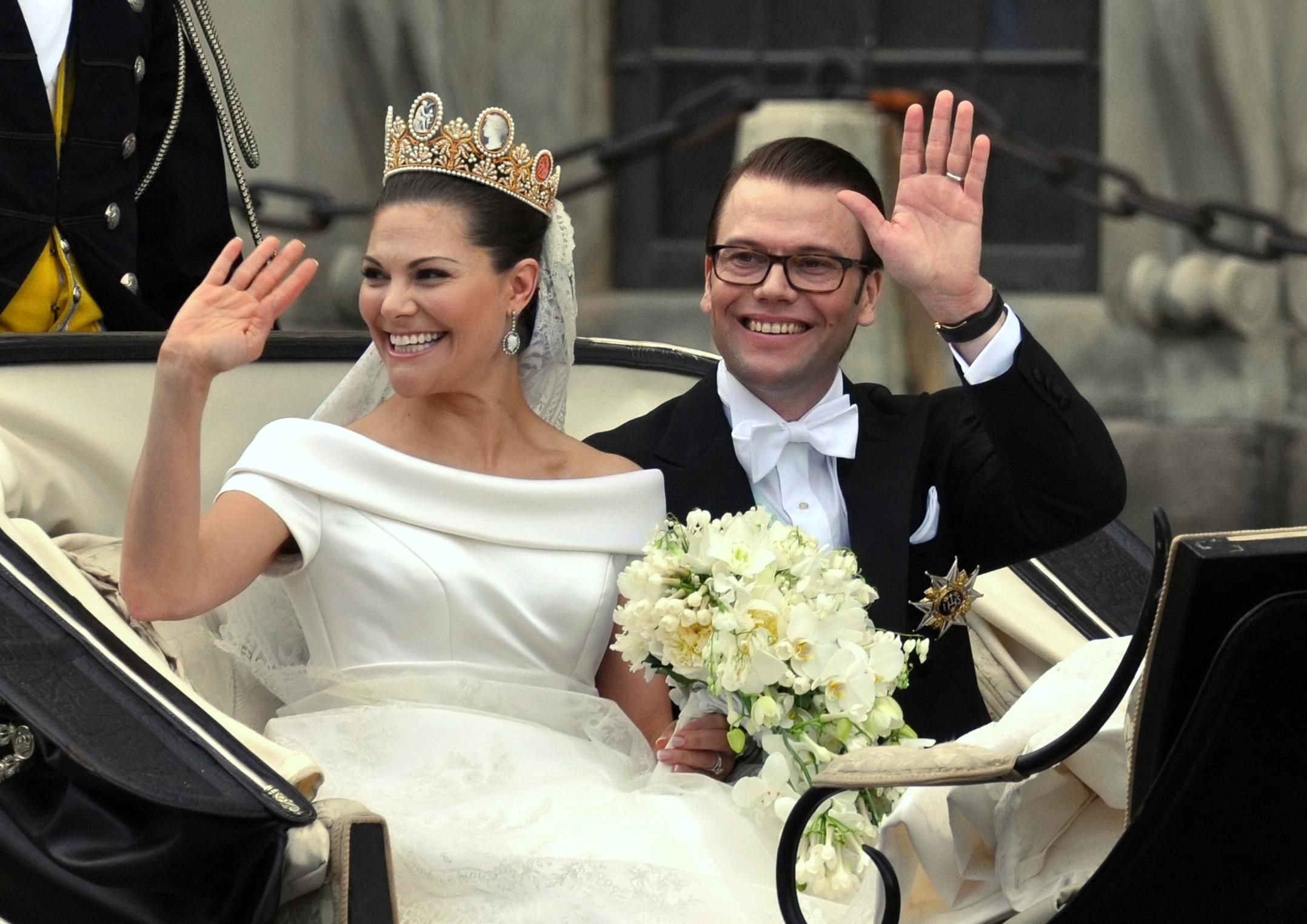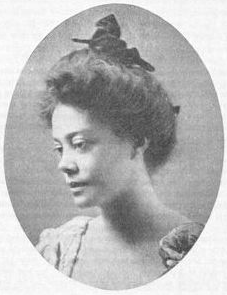The white ball gown. The centerpieces. The venue. All of these, plus a million other details, carefully thought out by young girls as they prepare for their big day: their weddings. Magazines like Bridal Guide portray huge parties and sweeping gestures of love that entice girls into thinking that marriage is the ultimate goal. Anything less would be seen as a failure.

Royal wedding of Victoria, Crown Princess of Sweden, and Daniel Westling Photo by: Holger Motzkau
The aspiration of marriage has been ingrained in womisens’ heads for centuries, but author Alice Dunbar-Nelson refused to adhere to the societal expectations of a woman. She detested the racism and sexism seen during the 1900’s, and fought to shed light on the issues that plagued her daily life through her writing. Most notably, she wrote for the Pittsburgh Courier in a column called ‘Une Femme Dit,’ which translates to ‘A Woman Speaks.’ With the tagline “Crisp, Bright Opinions of Current Happenings From a Woman’s Point of View,” Dunbar-Nelson brought an underrepresented feminist perspective to the news, while also highlighting issues affecting the black community. For example, in an 1926 column, she demonstrated the lack of diversity in education by pointing out that “in the entire galaxy of youths, maidens and teachers… there were none of [her] own race.” She did not shy away from uncomfortable topics which made incredibly influential and prompted her to challenge the societal norms of relationships.
It is important to note that she was not against the institution of marriage itself, being that she was married 3 times, but rather the “wholesale marrying of girls in their teens” before they built a life of their own. She stressed that the only way the relationship would work was by establishing independence and mutual respect before marriage. In her piece called “The Woman,” she critiques marriages without these traits when she writes, “the attraction of mind to mind, the ability of one to compliment the lights and shadows in the other, the capacity of either to fulfill the duties of wife or husband—these do not enter into the contract. That is why we have divorce courts.”

Portrait of Alice Dunbar-Nelson
Photo by: Wikipedia
Although her first marriage to famous poet Paul Dunbar did not work out, it was based on the same ideas she wrote about in her stories. He fell in love with her after reading her work which established respect in their relationship. He not only supported her past literary achievements, but also encouraged her to keep writing. In one letter between the two, he called meeting her “the sudden realization of an ideal,” where the ideal woman was smart and beautiful.
Since she was a well established author before marriage, she also had control of her own finances which was uncommon for the time. Up until 1884, with the enactment of the Married Women’s Property Act, women were considered property rather than people, so Dunbar-Nelson’s access to individual finances was very noteworthy. In her writing, she questioned the desire of a financially independent woman to get married since doing so would result in giving up some of her freedom. She had always lived her life financially independent, being a college graduate and school teacher, and wanted to show other women they could too. Dunbar-Nelson wrote that self-sufficient women could enjoy everything life has to offer “without a single harrowing thought of the baby’s milk or the husband’s coffee.” In 1900, 94 percent of married women did not work outside the home, thus their main responsibilities were tending to the family. If they did have a job, they would quit once they got married or in rarer cases, once they had children.
Dunbar-Nelson also advocated for women being able to purchase anything with “no need of asking anyone’s advice, or gently hinting to John that Mrs. So and So has a lovely new hat, and there is one ever so much prettier and cheaper down at Thus & Co.’s.” She believed that a woman lost this ability when she got married since financial matters were always handled by the husband in the late 19th century. Since the majority of women did not work once married, the husband was the sole breadwinner, therefore held the power to make financial decisions. By asking a man for money, regardless of the amount, the woman would be deemed inferior which Dunbar-Nelson believed could be avoided by establishing a marriage based on equality and respect.
However, most of the points she argued would only be applied to white women since she was a first generation freed slave in a time where opinions on racism had not drastically changed. Despite the ratification of the 13th amendment abolishing slavery, there were still widespread lynchings and segregation laws in the South since former President Hayes withdrew the troops enforcing these laws. She used her writing to showcase her frustration by featuring stories of biracial women navigating romance. For these women, their relationships tended to end tragically, but the man would remain unaffected. In one story named “Miss Sophie,” a poor biracial woman falls in love with a married white man and continues to stay loyal to him after he “went off and forgot the girl in a month.” Miss Sophie ends up working herself to death in order to buy back a gift the man gave her, despite the man discarding her because of her race. Dunbar-Nelson uses this story as a critique of the mistreatment of biracial women in relationships since Miss Sophie does everything in her power to appease a man who mistreated her. It speaks volumes to the unequal balance of power seen in all marriages of this time, especially mixed race relationships, that Dunbar-Nelson sought to expose through her powerful stories.
 NOLAbeings
Multimedia artist Claire Bangser created NOLAbeings as a portrait-based story project that marries...
NOLAbeings
Multimedia artist Claire Bangser created NOLAbeings as a portrait-based story project that marries...
 Data corner: Adobe Suite (create a PDF, social media graphic, presentation, edit a photo and video
Data corner is where you go to work with analytics and top tech skills. It takes on everything from PERL and SQL to Canva and Sprout Social.
Data corner: Adobe Suite (create a PDF, social media graphic, presentation, edit a photo and video
Data corner is where you go to work with analytics and top tech skills. It takes on everything from PERL and SQL to Canva and Sprout Social.
